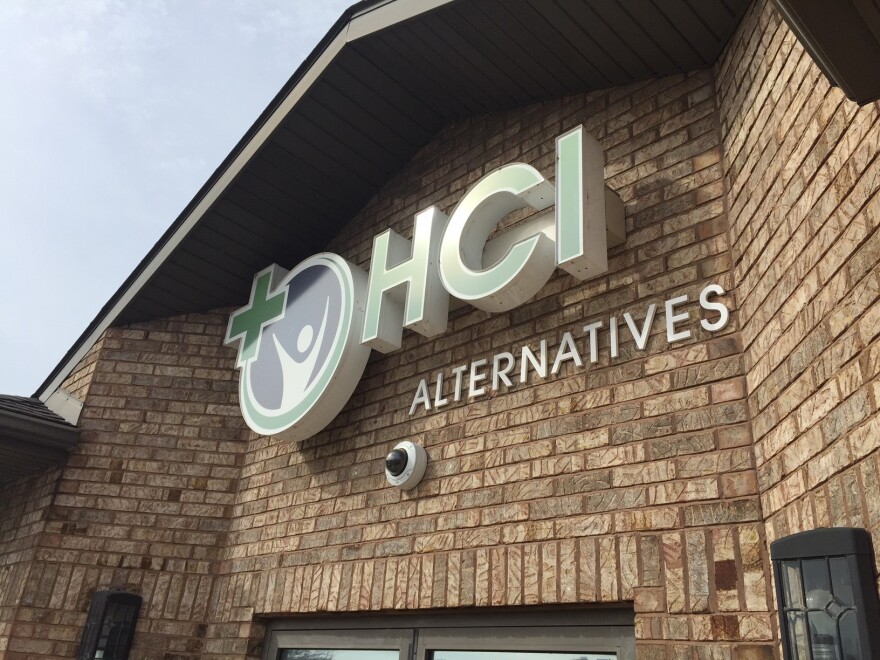While the state will license medical marijuana dispensary facilities, it’s up to cities to set the rules on where they can locate in their towns.
The amendment voters approved last fall to legalize medical marijuana has some provisions regulating the location of dispensaries, labs, cultivation centers and testing facilities. That includes a minimum of 1,000 feet from schools, day cares and places of worship.
Cities have the ability to reduce that buffer. They can also regulate hours of operation and how the sites will fit into local zoning designations. Missouri will start taking applications for medical marijuana dispensary locations in August.
Cities can not keep medical marijuana facilities out. The amendment says no local government can prevent them from being within city limits “through the enactment of ordinances or regulations.”
“That’s really saying that, in essence, you can’t zone out these kinds of things,” said Rolla City Administrator John Butz. “The market’s going to have to have reasonable expectations where this type of dispensary would be able to operate in your community.”
If a city doesn’t do anything, the minimum separation from schools, places of worship and day cares will be 1,000 feet. The proposal Rolla’s Planning and Zoning Commission sent to the city council recently sets it at 500 feet. It also stipulates dispensaries can be open from 8 a.m. to 8 p.m. seven days a week.
Medical marijuana proponents say any limit is too much.
“We voted it in as a medicine. That means we should definitely treat that industry as fairly as we treat any other industry in Rolla,” said City Councilman Daniel Jones. “I don’t think we should put unnecessary restrictions on something like that. Pharmacies certainly don’t carry a buffer like that.”
But some residents are concerned about the location of medical marijuana dispensaries. Kim Morgan, who owns a travel agency in downtown Rolla, said she worries about property values and the appropriateness of the dispensaries.
“Downtown is a family-friendly area that does not need this kind of business in it,” Morgan said during a recent public hearing.
Butz said the dispensaries are legitimate businesses that require a lot of investment and won’t hurt property values.

“A medical marijuana facility is a significant investment in that building. Not just in the building, but in the mechanisms to manage it, to run it, to operate it,” Butz said. “I personally have a hard time seeing how that would have an adverse impact on it (property values).”
Cities across Missouri are taking varied approaches to the minimum-distance question.
St. Joseph, Creve Coeur and Ellisville have reduced the buffer zone to 300 feet. O’Fallon set it at 750 feet. Warrensburg is going with the maximum 1,000 feet. The proposal under consideration in St. Louis would have no limit.
Follow Jonathan on Twitter: @Jonathan Ahl
Send questions and comments about this story to feedback@stlpublicradio.org







